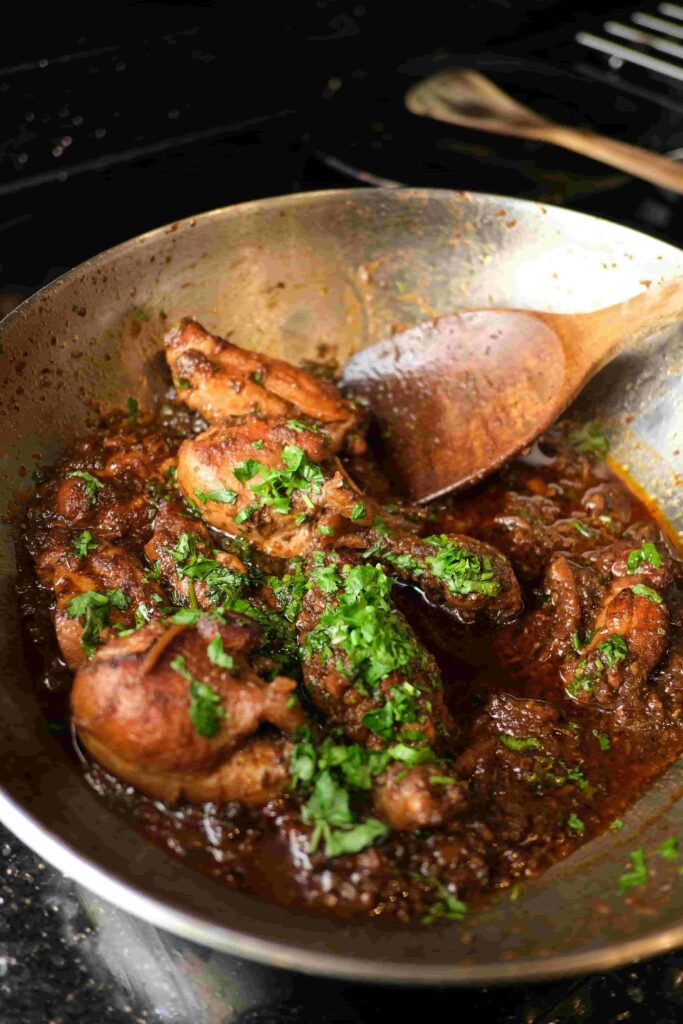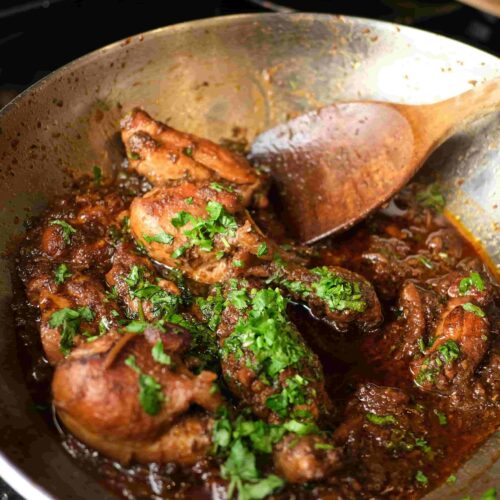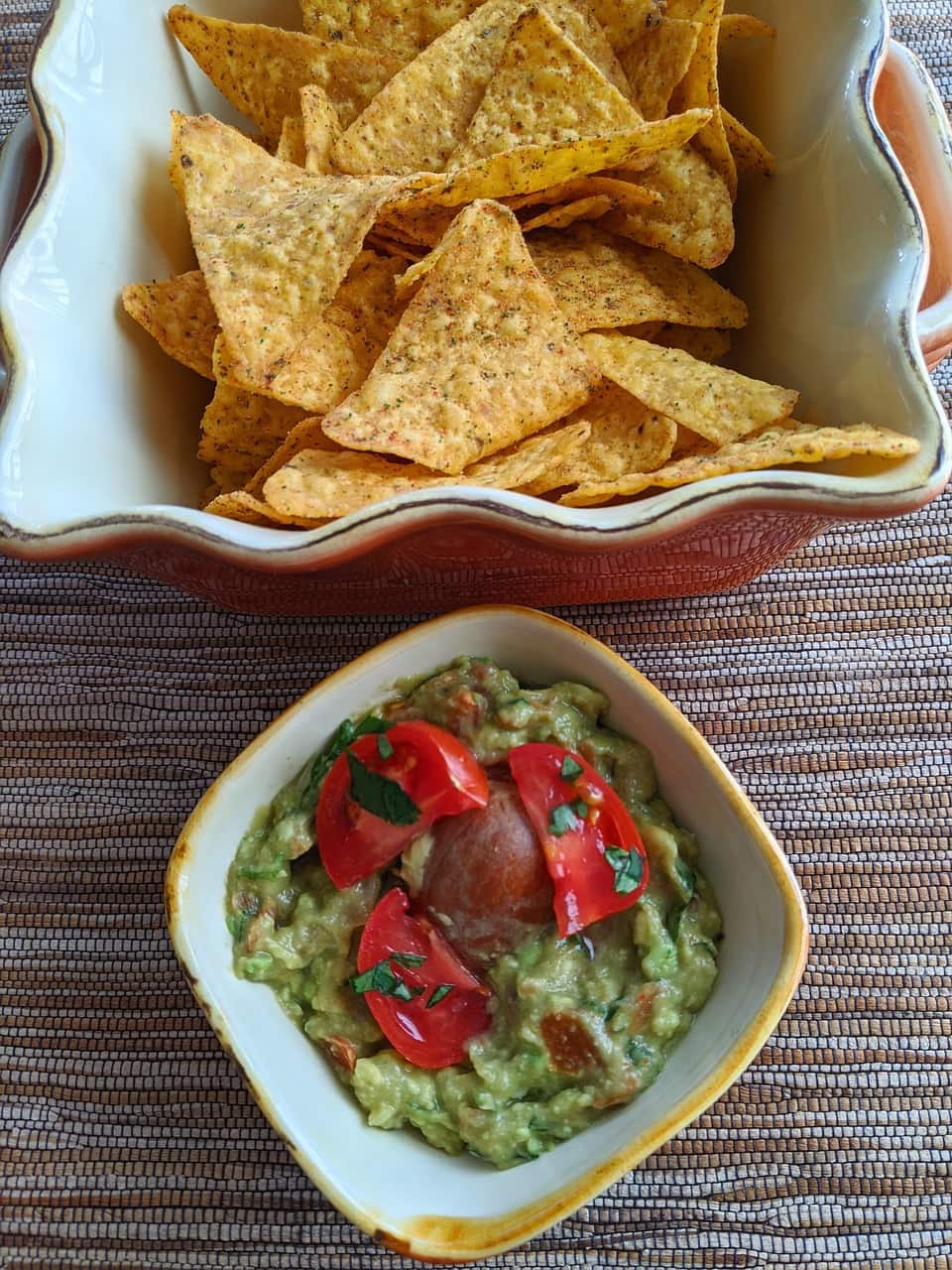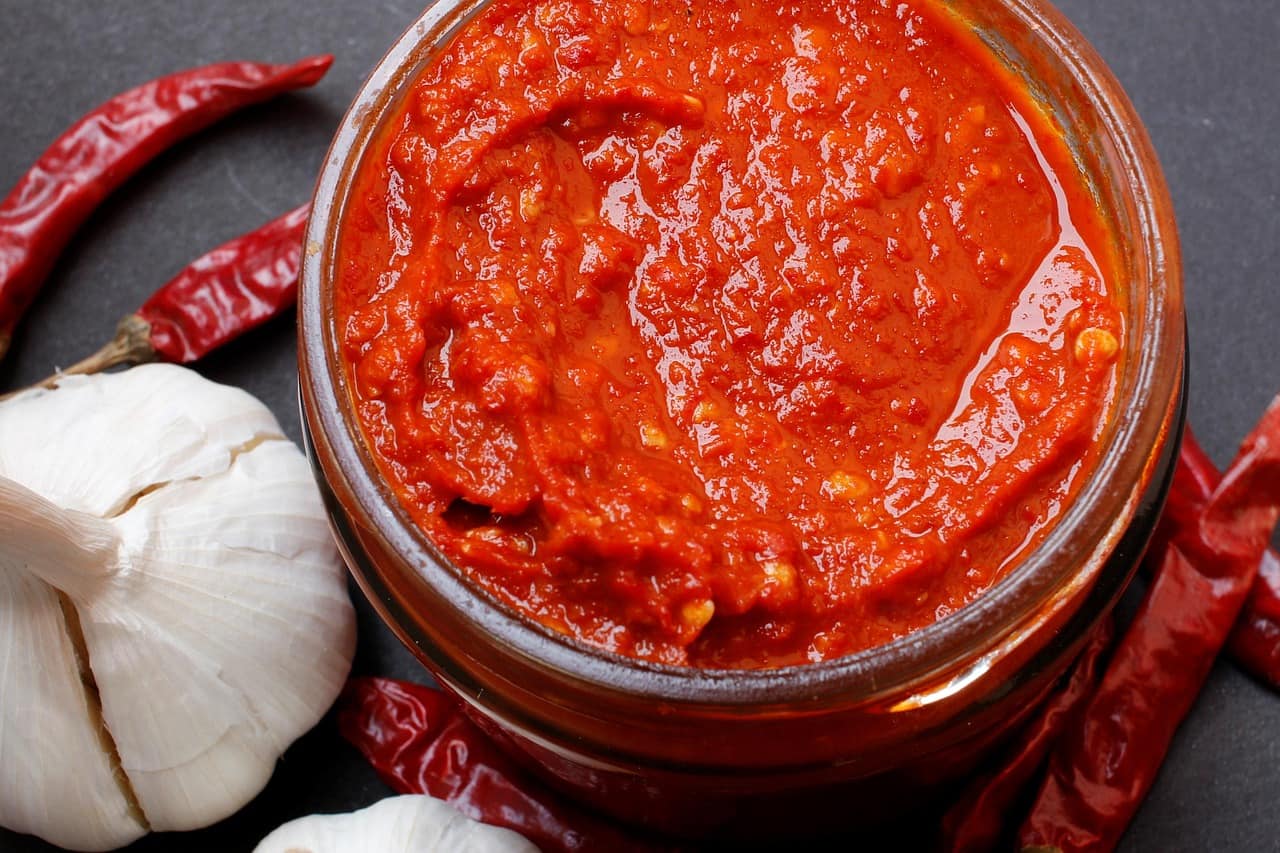The traditional meal known as “Black Pork Curry,” or “Kalupol Pork Curry” in Sri Lanka, is praised for its strong, powerful tastes.
Ratings 05

The traditional meal known as “Black Pork Curry,” or “Kalupol Pork Curry” in Sri Lanka, is praised for its strong, powerful tastes. Black pepper, turmeric, and cumin are among the fragrant spices used to marinade the pork. Roasted coconut is added while cooking to give the dish a distinct smokey flavor. The roasted spice mixture, which includes coriander and mustard seeds that are slow-cooked to provide a rich, earthy taste, gives the dish its deep, black hue. This curry is a real flavor treat, with the right amounts of spice, acidity, and sweetness. It’s a popular comfort meal that goes well with roti, rice, or Sri Lankan hoppers.
Welcome to our gastronomic voyage, where we will discover the many and varied tastes of Sri Lankan food. Our food area is devoted to providing real recipes that will introduce you to Sri Lanka’s colorful spices and age-old cooking techniques. Whether you’re a seasoned cook or just starting, our step-by-step tutorials make it easy to produce tasty, handmade food. With dishes ranging from tasty and light sambols to robust curries like Black Pork Curry, these recipes will help you become an expert cook in Sri Lanka. Explore a world of flavor and enjoy our island’s robust, unique tastes!
What Is The Black Pork Curry?
Traditional Sri Lankan meal Black Pork Curry, sometimes called Kalupol Pork Curry, is well-known for its robust spices and rich, smokey flavor. The black, roasted spices that are used to make this dish—in particular, toasted coconut, coriander seeds, black pepper, cumin, and curry powder—are what give it its name.
The pork is slow-cooked to perfection after being marinated in a flavorful blend of spices and lime juice. The curry’s distinctive black color and slightly burnt, earthy flavor, which set it apart from other curries, come from the roasted spices. To counterbalance the spice with a touch of tang, pandan leaves, curry leaves, and a little amount of tamarind are frequently added to curry dishes.
Served with rice, roti, or hoppers, Black Pork Curry is a hearty, flavorful dish that represents the complexity and richness of Sri Lankan cuisine. Its intense flavors are a favorite among those who enjoy spicy, savory dishes.
Health Benefits Of Black Pork Curry
Both the pork and the curry’s components provide health advantages for you when you eat black pork curry. Here are a few of the main health advantages:
High In Protein
Pork is a high-quality source of protein, which is necessary for maintaining strong muscles, bones, and skin in addition to constructing and repairing tissues. A substantial portion of your daily protein requirements may be met by one dish of black pork curry.
Pork’s Minerals And Vitamins
Pork is a great source of vitamins and minerals, especially B-vitamins like:
- Vitamin B6 and B12: Red blood cell development, cognitive function, and energy metabolism all depend on vitamins B6 and B12.
- Zinc: Promotes wound healing and the immunological system.
- Iron: Vital for the blood’s ability to carry oxygen, iron helps ward against anemia.
- Phosphorus: Helps maintain strong teeth and bones.
- Spices’ Antioxidant Properties
Antioxidants abound in the roasted spices used in Black Pork Curry, such as cumin, coriander, and black pepper. By lowering oxidative stress and inflammation and combating free radicals in the body, these can help prevent chronic illnesses.
Anti-Inflammatory Advantages.
Anti-inflammatory ingredients such as black pepper and turmeric are widely recognized. Curcumin, a substance found in turmeric, has been shown in studies to have anti-inflammatory properties and may help reduce the risk of conditions including arthritis and heart disease.
Enhances Digestion
The fenugreek, cumin, and coriander used in Black Pork Curry are among the spices that aid in healthy digestion. They facilitate the absorption of nutrients and lessen indigestion, gas, and bloating.
Moderately Supports Heart Health
pig might be heavy in fat, but when eaten in moderation, lean cuts of pig can contain heart-healthy fats including monounsaturated and polyunsaturated fats. Curry is frequently tempered with beneficial spices like ginger and garlic, which can enhance blood circulation and decrease cholesterol.
Strengthens Immunity
Black pork curry has ingredients like ginger, garlic, and black pepper, which are believed to strengthen the immune system. Their antimicrobial, antiviral, and antifungal properties can aid in defending the body against illnesses.
Controls Blood Sugar
Spices that are frequently used in Sri Lankan curries, such as fenugreek and cinnamon, can help control blood sugar levels. Particularly fenugreek seeds are well known for their capacity to increase insulin sensitivity and decrease blood sugar.
Enhances Metabolism
Black pepper and cumin, in instance, are two of the ingredients in Black Pork Curry that might speed up metabolism. Piperine, which is found in black pepper, improves nutrient absorption and facilitates the body’s more effective food metabolism.
High Dietary Fiber (Includes Coconut)
Black pork curry frequently includes roasted coconut, which is a source of beneficial nutritional fiber. By assisting in blood sugar regulation and bowel movement regulation, fiber supports digestive health.
Even though black pork curry is a tasty and rich food, when prepared properly and eaten in moderation, it can also provide a number of health advantages. Pork’s protein and the spices’ anti-inflammatory, antioxidant, and digestive-improving qualities combine to make it a wholesome complement to a diet that is well-balanced.
Other Names That Can Be Used For A Black Pork Curry Are,
Other names that can be used for Black Pork Curry include:
- Kalupol Pork Curry – This is the traditional Sri Lankan name, with “kalupol” referring to the blackened or roasted coconut and spices used in the dish.
- Roasted Pork Curry – Highlighting the unique method of roasting the spices that give the curry its distinctive flavor.
- Sri Lankan Blackened Pork Curry – Emphasizing its origins and the blackened appearance from roasted spices.
- Spicy Black Pork Curry – Focusing on the bold and spicy nature of the curry.
- Charred Pork Curry – Referring to the roasted spices that impart a slightly charred taste to the dish.
Tips For Making Black Pork Curry
Here are some useful hints for creating a mouthwatering curry with black pork:
Select The Proper Pork Cut
- Pork belly, shoulder, or any other cut with some fat will remain juicy and tender when cooked slowly. Pork loin and other lean meats can get dry.
Add Flavor By Marinating
- To let the flavors seep into the flesh, marinate the pork for at least half an hour in a mixture of spices, lime juice, salt, and garlic. Marinate in the fridge for the entire night for the finest effects.
Correctly Roast The Spices
- Roasting the spices is essential to getting the deep, smokey taste of Black Pork Curry. Black pepper, coconut, coriander, and cumin should all be dry-roasted until aromatic and browned, taking care not to burn them.
Make Use Of Fresh Ingredients
- Garlic, ginger, pandan leaves, fresh curry leaves, and spices all significantly alter the curry’s flavor. Try to stay away from pre-ground spices and grind your own for the best flavor.
Cook Gradually
- Dark Pork Slow cooking is beneficial for curry. This promotes flavor development and helps the pork become more soft. Once the pork is soft and the sauce has thickened, simmer the curry on low heat for at least one hour.
Modify The Level Of Spice
- Depending on how hot you can handle spice, you may choose to reduce the amount of chili powder and black pepper used in the curry. If necessary, a little sugar or coconut milk might help balance the heat.
Maintain An Acidity Balance
- A tiny squeeze of lime juice or tamarind adds a refreshing acidity to counterbalance the curry’s intensity and richness. This step improves the entire flavor, so don’t skip it.
Give The Curry A Break.
- Give the curry several hours or even overnight to rest. When warmed, the flavors will intensify and combine to create an even more delicious dish.
To Add Depth, Use Roasted Coconut
- A deeper, richer flavor is added to the curry by adding toasted coconut. Grated coconut should be added to the curry after roasting till golden brown.
Assign To The Correct Sides
- To help sop up the thick sauce, serve Black Pork Curry over roti, steaming rice, or hoppers. A simple side of vegetables or a cooling raita can complement the spiciness of the curry.
FAQ
Describe Black Pork Curry.
A classic Sri Lankan meal, black pig curry is produced by slow-cooking pork with a mixture of coconut, curry leaves, and roasted spices. The curry gets its unique black color and smokey flavor from the roasted spices.
What Does Black Pork Curry Mean?
The dish’s blackened look, which results from roasting pepper, coriander, cumin, and shredded coconut until they darken, gives the curry its name.
Can I use Other Meats For Pork?
Although the dish is typically made with pork, it may be modified to use other meats such as chicken, beef, or lamb; however, the flavor will alter depending on the meat’s fat level and texture.
What Distinguishes Black Pork Curry From Other Curries Made With Pork?
The addition of roasted spices gives Black Pork Curry its unusual black color and rich, smoky flavor, making it a unique meal. Compared to regular pork curries, the flavor is deeper and more intense after roasting.
Is It Possible To Change How Spicy The Black Pork Curry Is?
Yes, you may change the amount of spiciness to suit your taste. To make it milder, you may add less chili powder and black pepper, or you can add more to make it spicy. You may also use coconut milk to reduce the heat.

Black Pork Curry
Ingredients
- 900g (2 lbs) belly pork, cut into bite sized pieces
FOR THE MARINADE
- 2 tsp red chilli powder* (or to taste)
- ½ tsp ground turmeric
- 1 tbsp ground black pepper
- 70ml (1/4 cup) distilled white vinegar
- 1 tbsp garlic and ginger paste
- 1 tsp salt
FOR THE CURRY
- 2 tbsp coconut oil or rapeseed (canola) oil
- 20 fresh or frozen curry leaves
- 1 x 5cm x 5cm (2” x 2”) pandan leaf (optional)
- 2 medium red onions, finely chopped
- 2 tbsp garlic and ginger paste
- 1 lemongrass stalk, white part only, cut into about 8 pieces
- 3 tbsp dark roasted curry powder (see page 00) or another good quality curry powder
- 5 green bird’s eye chillies, slit lengthwise down the middle
- 1 whole head of garlic, smashed but left in the skins
- 2 tsp jaggery or light brown sugar
- 2 tsp tamarind concentrate
Instructions
- Add the marinade ingredients to a mixing dish with the pork chunks. Using a spoon or your hands, thoroughly mix. When combining by hand, you may want to use plastic gloves due to the chilli powder. After three hours or overnight, cover and let the marinade sit. The longer, the better.
- In a big saucepan, heat the oil over medium-high heat. Once the oil becomes noticeably heated, add the pandan and curry leaves and let them soak for around 30 seconds.
- Add the chopped red onions now and cook until soft and transparent, about 5 minutes.
- Add the ginger and garlic paste, lemongrass, and chilies, and continue to sauté for an additional thirty seconds.
- Incorporate the black curry powder thoroughly by stirring it in.
- Pour in the pork that has been marinated and mix until the meat is well covered with the remaining ingredients. After browning the pork for around ten minutes over medium heat, add just enough water to thoroughly cover the meat.
- Add the sugar, tamarind concentrate, and crushed garlic. Simmer, covered, for half an hour.
- Take a peek inside after 30 minutes by lifting the lid. Since this is a dry curry, simmer it for a little while longer until the meat is coated in a lovely thick sauce, even if it seems quite saucy.
- After tasting the curry, adjust the sweetness and sourness by adding additional sugar and tamarind. Finish by taste-testing and adding salt.
One response to “Easy Recipes To Make Black Pork Curry”
-
hghjhj
-

Macaron
-

Potato Chips
-

Popcorn
-

Guacamole
-

Deviled Eggs
-

Popcorn
-

Guacamole
-

Deviled Eggs
-

Hot Sauce
-

Bircher Muesli

Leave a Comment